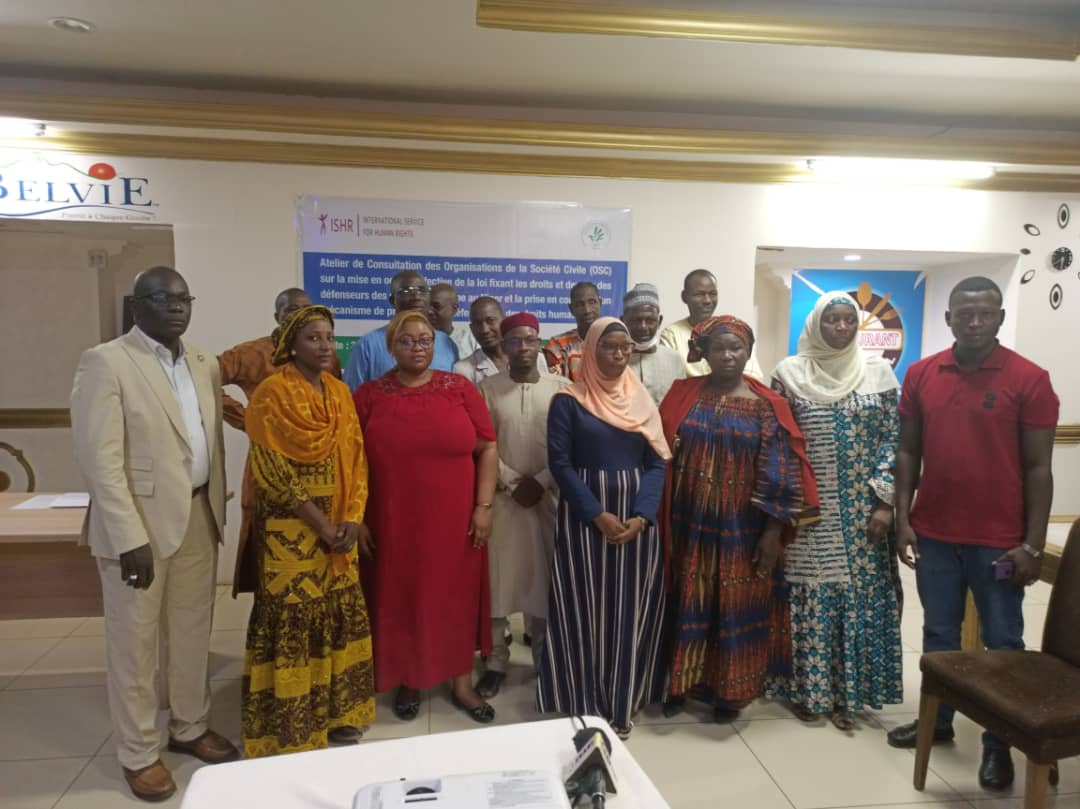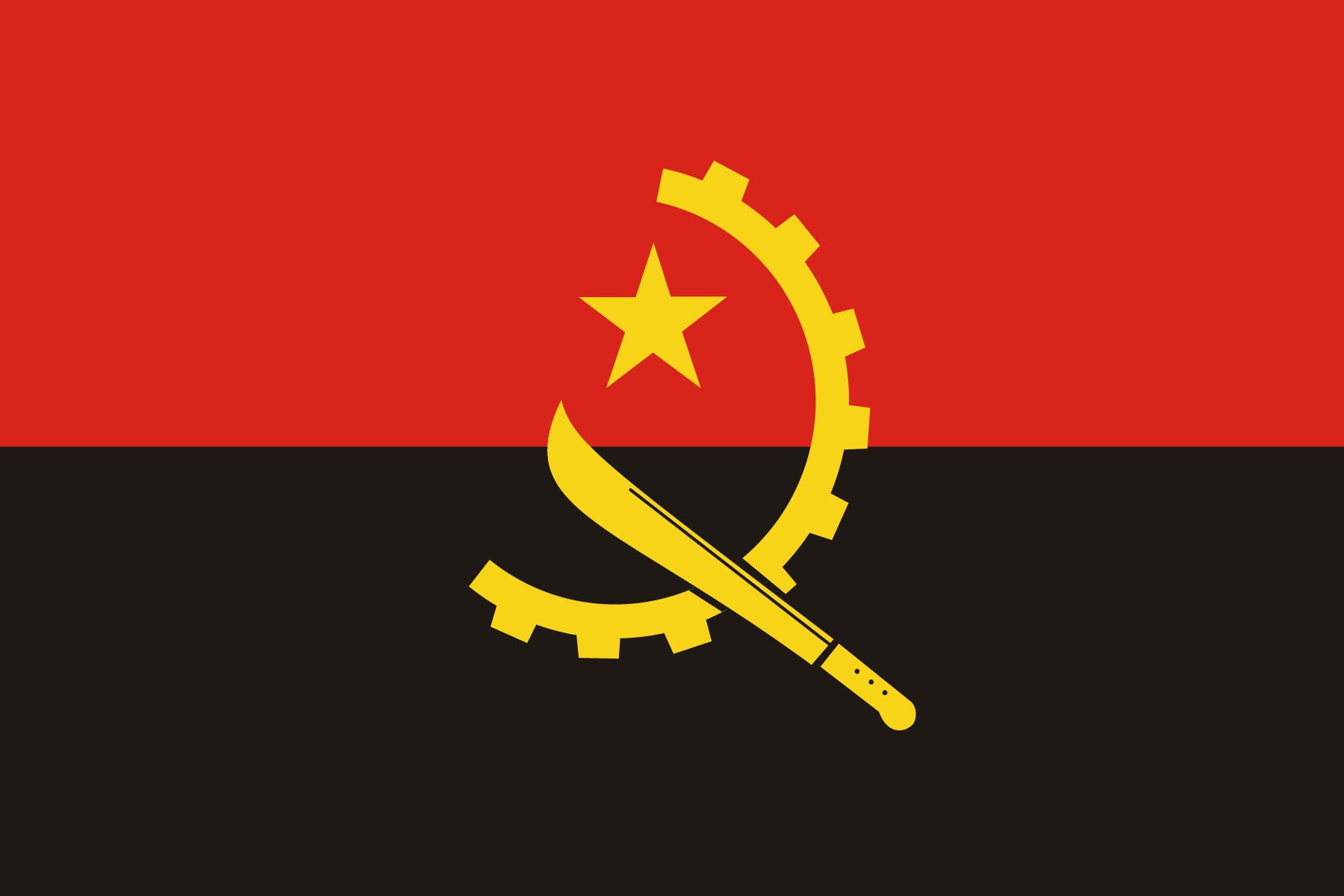On 25 May 2023, the 7th ordinary plenary meeting of the National Assembly in Angola voted on the draft law approving the status of Non-Governmental Organisation. The draft law violates the Constitution by being inhibiting and restrictive in nature and is a threat to the very existence of NGOs and human rights defenders. In addition, it seriously limits the civil society and human rights defenders freedom of association and assembly guaranteed by the African Charter on Human and People’s Rights and the African Commission on Human and People’s Rights through its Guidelines on Freedom of Association and Assembly in Africa.
Civil society and defenders’ work is and remains crucial for the strengthening of good governance, democracy, development, an open environment and the respect of human rights. To ensure this, KUTAKESA Association, Movement of Human Rights Defenders in Angola call Commissioner Remy Ngoy Lumbu, Special Rapporteur on the situation of human rights defenders in Africa, and Mary Lawlor, United Nations Special Rapporteur on the situation of human rights defenders to:
- Urge the Angolan Government to comply with regional and international human rights obligations guaranteeing freedom of association and assembly
- Implement African Commission Guidelines on Freedom of Association and Assembly in Africa and popularise its objectives with parliamentarians, and among civil society and NGOs affected by the impeding restrictions, including national human rights institutions and the key State departments, N P O Regulator, law enforcement
- Withdraw the draft law approving the Status of Non Governmental Organisations and initiate a broad consultation process with civil society
- Encourage the Angolan Government not to pass any new law to restrict the legal framework through which NGOs come into existence in Angola, neither apply it retroactively to affect the rights of civil society groups and NGOs that legally and validly exist under the country’s current laws. Any proposed new legislation regulating the registration and operation of NGOs should not apply to legally existing organisations, in accordance with the principle of legal security and certainty applicable to the Angolan legal system.
- Remind the Executive Branch and the Angolan Parliament that the Constitution of the Republic of Angola is the supreme law and that any proposed law, practice, custom, or conduct must be in accordance with the Constitution, regional and international conventions relating to human rights
- Remind the Angolan Government that the human rights recognised in the Angolan legal system are binding and apply erga omnes to all persons, natural or legal, including the State and all executive, legislative and judicial institutions and government agencies at all levels. Any proposed law on NGOs should therefore not limit the civic space or prevent the enjoyment of the fundamental rights, freedoms and guarantees enshrined in the Constitution. Any draft law on NGOs should not be used as a pretext to criminalise the work of NGOs or human rights defenders and discourage the National Assembly from allowing the Government to perform administrative actions aimed at shutting NGO operations.
Download as PDF


